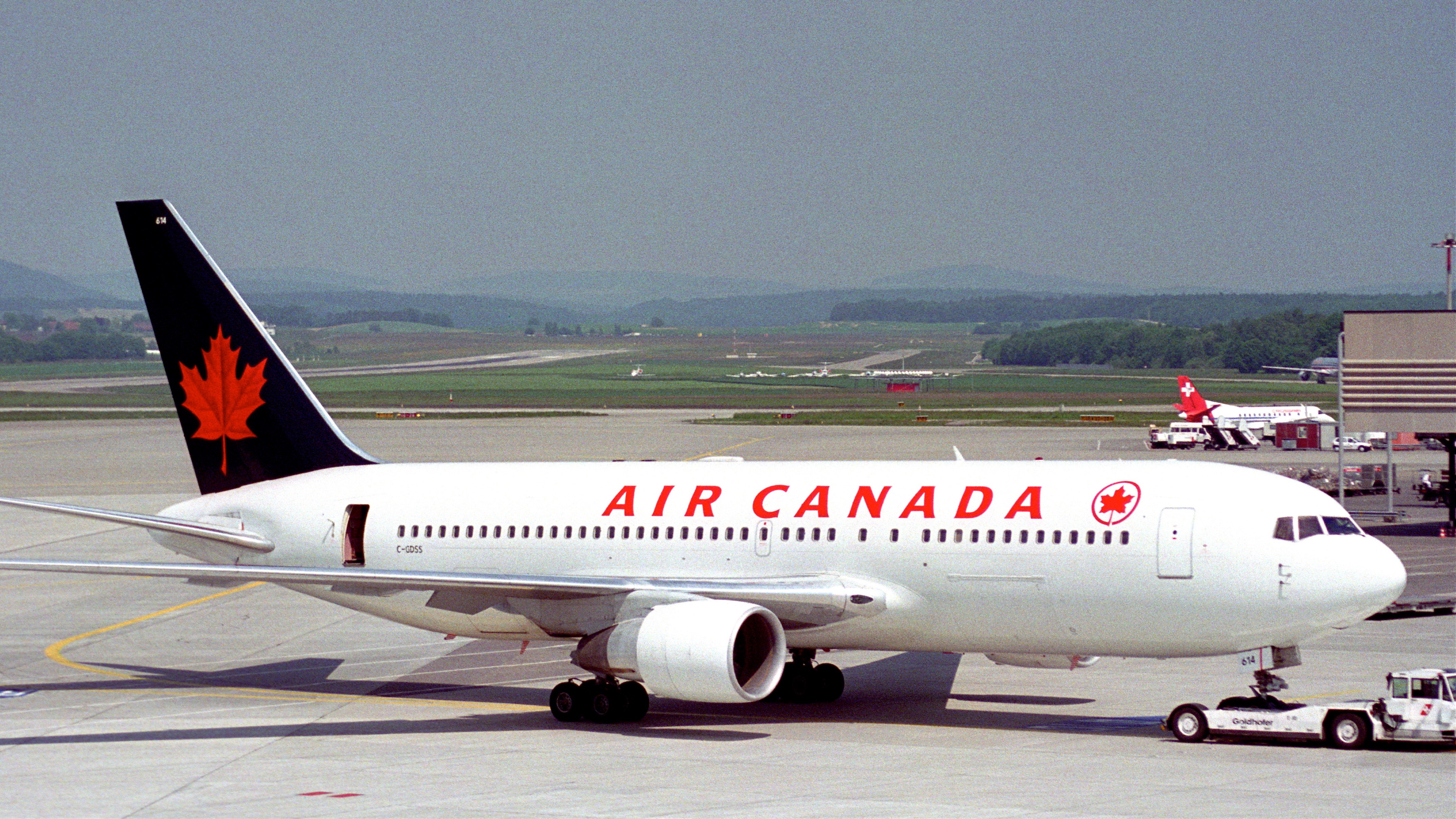When it comes to growth at a discount, it’s hard to ignore the airline stocks.
They’ve hit turbulent times in recent months, but when you consider the medium-term catalysts that could propel them much higher and the absurd valuations they’ve commanded, it’s no mystery as to why Warren Buffett got greedy with a handful of U.S. airline stocks over the past two years. He’s a contrarian value investor, and although he’s publicly expressed his distaste for the airline industry in the past, recent valuations imply an attractive margin of safety and above-average upside potential over the short- to medium-term as economic growth continues to trend upward.
Yes, I know what you’re thinking. Airline stocks are hot until they’re not.
When the next recession comes, many airlines will likely implode, falling at a greater magnitude than that of global indices. When times are tough, it simply doesn’t make sense to go on vacation or visit family when it’s time to batten down the hatches and reconsider your budget. As a result, airlines have been among the most cyclical of businesses out there, which is why many airline stocks continue to trade at low multiples in spite of their more promising medium-term outlooks.
Just have a look at Air Canada (TSX:AC)(TSX:AC.B) and its 3.4 trailing price-to-earnings (P/E) multiple. Nope, that’s not a typo; Air Canada has a low single-digit trailing P/E that you may think is indicative of a value trap since it seems too good to be true. It’s so cheap! So, it has to be cheap for some sort of ominous reason, right?
Well, the jitters have mainly been around investors who don’t want to get caught once the next economic downturn occurs. The U.S. bull market is aging and the recent bout of volatility has many of us worried that this bull could be on life support as the bear gets ready to make a much-anticipated appearance. The U.S. markets have twice corrected over the span of just a few months to kick off 2018; however, the economy is still red-hot. That is, unless President Trump shoots himself in the foot by triggering a global trade war, which wouldn’t make sense if the goal is to “make America great again.” If anything, Trump’s desire for lower oil prices may serve as a tailwind for Air Canada, as higher fuel costs have dampened profitability of late.
Why the airlines may actually be better businesses come the next economic downturn
It’s become the norm for Air Canada to trade at a single digit P/E multiple, but 3.4 is a bit absurd. Apart from industry-wide worries, Air Canada’s turbulent times have been due to higher expenses over the last year in order to drive longer-term cost efficiencies. These expenses, although less meaningful over the near-term, will allow operations to be more robust in the event of another recession.
Another recession and a market crash are going to happen eventually, so Air Canada and other airlines are going to need to be better equipped to deal with the fallout or risk going under like so many airlines over the decade. The worse the recession, the closer to the brink for the airlines.
Further, Air Canada is getting on the low-cost carrier bandwagon slated to take to the skies this summer. Air Canada Rouge is facing some tough competition, however. But regardless, such a low-cost carrier will definitely help the airline industry better weather future economic downturns. That’s a big reason why Buffett and many of his followers are hesitant to invest in such stocks even if they’re experiencing upward momentum with their single-digit P/E multiples.
Bottom line
Airline stocks are cheap — too cheap. And while the prevailing view holds that they’re still horrible long-term investments, there are many reasons to believe that things will be different next time around. New tech is making airlines more economical and less like time bombs waiting to go off once the next recession arrives. As such, I’d strongly encourage value-conscious investors to give the airlines like Air Canada a second look today.
Stay hungry. Stay Foolish.








